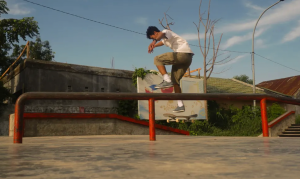A 2014 study by the National Assessment of Educational Progress found that three-quarters of American eighth-graders tested below proficient in geography. This could be due to the stereotype that Americans have little concern for the rest of the world, but it’s most likely because they aren’t taught much geography in school. More than half of social studies teachers spend 10% or less of their time on geography and, as of 2013, only 17 states required a geography course in middle school.
This rampant challenge in geographical literacy is a real problem because living in a democratic society requires an informed public — especially when it comes to the question of war. Tensions between the U.S. and North Korea are mounting after North Korea’s successful test of a long-range missile that could theoretically strike the U.S. mainland with a nuclear warhead. As Americans debate whether to go to war, it’s best to understand the threat North Korea poses … and that requires geography.
On Aug. 8, Jimmy Kimmel, host of ABC’s “Jimmy Kimmel Live!” performed an unscientific test of American geography skills, and the results were not encouraging. “North Korea is the bigly story of the day, if not the year,”Jimmy Kimmel said. “But what I wonder is, how many Americans even know where North Korea is?” He sent a crew out to Hollywood Boulevard to ask locals and tourists to find the rogue nation on a map. Interviewers only gave one tiny hint: It’s right above South Korea.
[youtube ratio=”0.5625″ position=”standard” ]










